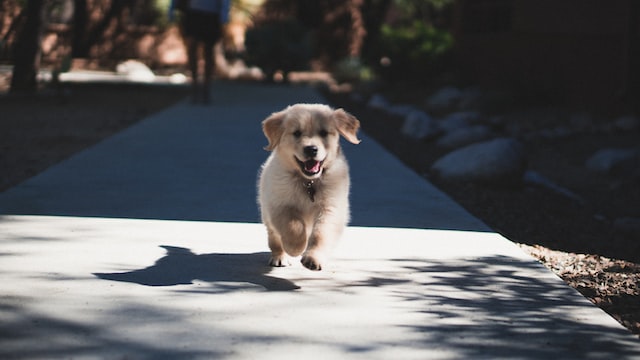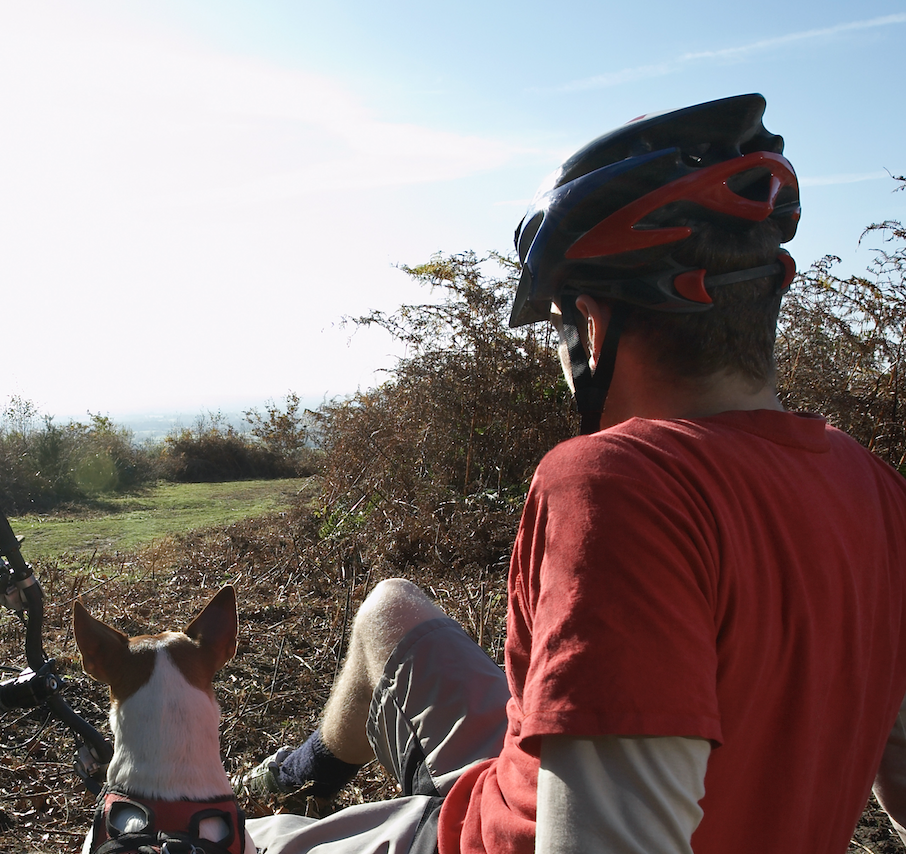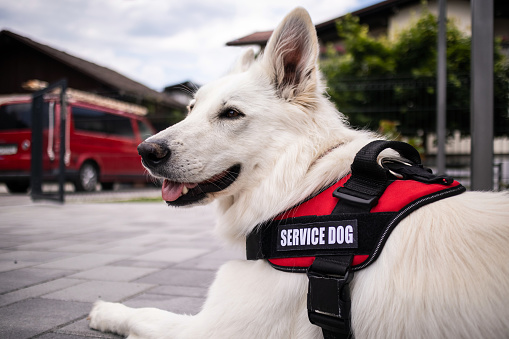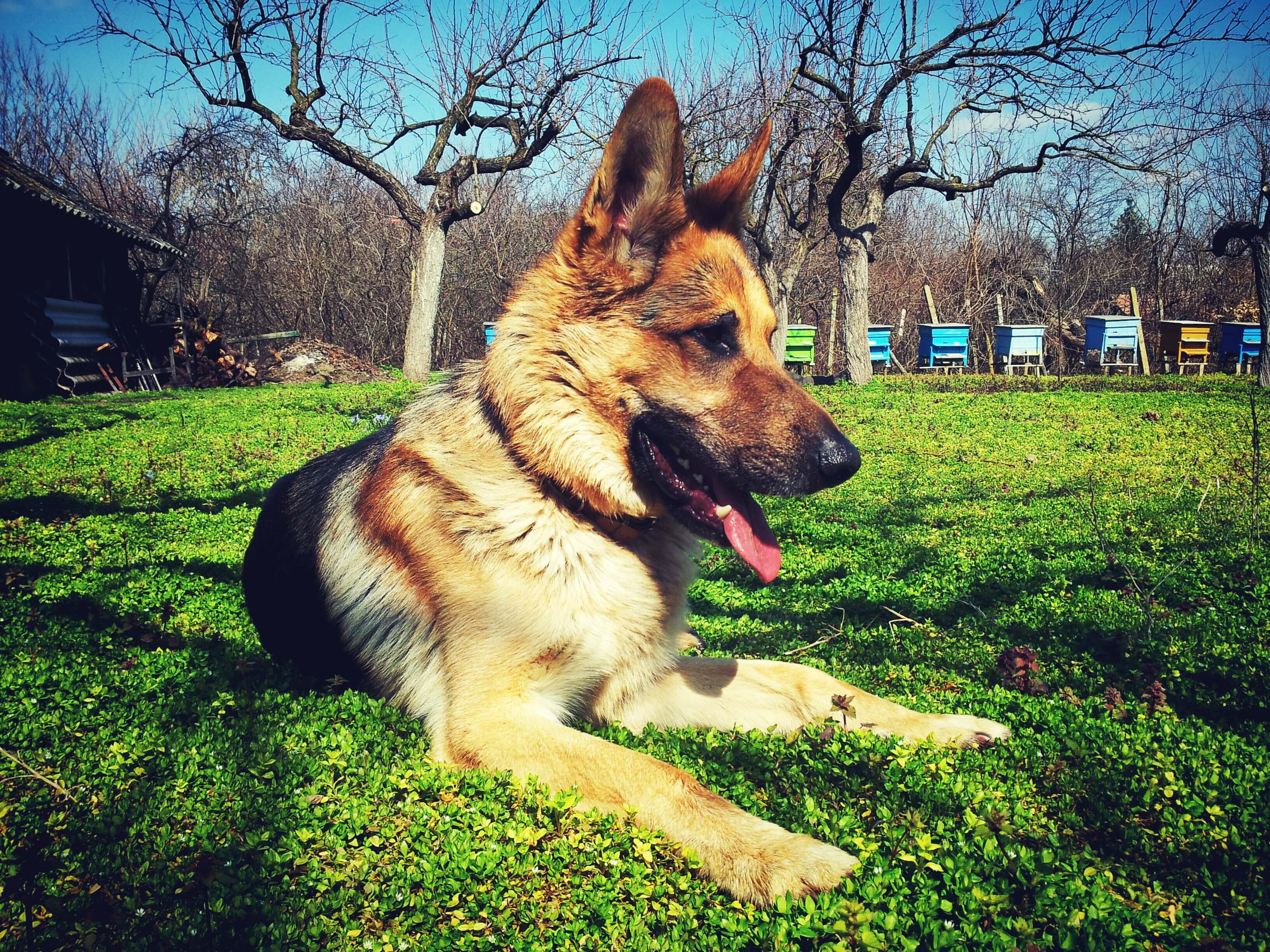
Taking a puppy home can be a long and complex process. You do not want just any dog to join your family. If you are going to adopt a puppy from a breeder with the intent to do service dog training in the future, please keep reading below. We are happy to help you understand how to find an ethical breeder and how to avoid a puppy mill.
What Is an Ethical Breeder?
Responsible and ethical breeders do not sell their litters via flea markets and pet stores. Most of them use social media pages and some may operate a website where you can learn more about them. Most of the respected breeders will require a face-to-face meeting with potential adopters. You should expect to answer questions about your living space, prior experience with dogs, and plans for the future of the puppy. The majority of breeders who are looking for good homes for their dogs will invite you to see where the mother and father of the litter live and let you interact with the parents.
Most reputable and ethical breeders will have their female dogs give birth to no more than 4-6 litters for their entire life. Even the healthiest dogs will be permitted to give birth to no more than 6 liters. You may be interested to know that there is no legal limit to how many litters a female dog can have throughout her life. A responsible breeder will prioritize the canine's physical health and emotional condition when deciding whether the female will reproduce again or not. You may want to ask the breeders to see their pregnant dogs. If you see that the pregnant dogs are well-groomed, healthy, and in good mood, that means they are well taken care of.
What Are Puppy Mills?
In stark contrast, there are the so-called “puppy mills”. The Humane Society of the United States works against these establishments that are described as follows:
“In puppy mills, mother dogs spend their entire lives in cramped cages with little to no personal attention. When the mother and father dogs can no longer breed, they are abandoned or killed. Due to poor sanitation, overbreeding, and a lack of preventive veterinary care, the puppies from puppy mills frequently suffer from a variety of health issues, creating heartbreaking challenges for families who should be enjoying the delights of adopting a new family member.”
The people who operate “puppy mills” usually have unhealthy, aggressive, and poorly groomed dogs. Unethical breeders are known to lack any papers for health checks and they offer 5-6 litters per year or even more. We have seen puppy mills operated in farms where the dogs do not have much space to move and are usually kept in cages for most of their life.
You can read more about the topic here. You should know that puppy mills may sell puppies in pet stores, online, or in flea markets. These establishments work to exploit animals for maximum profit and we will try to help you avoid unethical breeders. If you suspect that the breeder you contacted operates a puppy mill please make a report on the Human Society website here. You can find a map of the US states that have laws for dog breeding here. If you are based in the UK please refer to the statutory guidance for local authorities. If you are based in Canada you can find vetted dog breeders on the website of the Canadian Kennel Club.
10 Questions to Ask a Breeder
Make sure the dogs offered by the breeder are registered with a local canine club and go through health checks regularly. Many breeders opt to register their puppies with the American Kennel Club (US), the Canadian Kennel Club (CA), or The Kennel Club (UK).
1. You should ask the breeder how long have they been breeding dogs and whether they breed one or more breeds. It is considered a big red flag if a breeder has two or more breeds available for purchase.
2. If you are looking to adopt a larger breed of dog ask the breeder if the joints of the animals are checked regularly. Please, keep in mind that larger canines are prone to problems with their joints.
3. Ask the breeder how many litters they have per year. Unethical and irresponsible breeders usually have many females and many litters available throughout the year.
4. Ask the breeder when did the mother start giving birth to litters. Ethical breeders will not breed females who are younger than 18 months and should stop breeding them when they reach half of their expected life span. As mentioned earlier, female dogs can give birth to 4-6 liters in their life. This depends on their physical and emotional health.
5. Ask the breeder what they are feeding the dogs. If you notice that they use quality food that is a good sign that the breeder is not just a money maker.
6. Ask the breeder if they do genetic testing on their litters. You should be able to see both parents of the litter and be allowed to interact with them. You should check if the parents are friendly and if they look healthy and well-groomed.
7. If the parents are not on site you should still be able to meet them. Unethical/questionable breeders will not let you meet the parents if they are aggressive and poorly cared for.
8. Ask the breeder if the puppies are microchipped and checked by a veterinarian before they are moved to the adopting families.
9. The puppies should not be separated from their mother before they are at least 8 weeks old. Some breeders will choose to keep the puppies for at least 10 weeks. You should ask to see where the dogs are housed.
10. A good breeder should be able to answer all your questions transparently without hesitation. A responsible breeder will have questions for you too. You will not be allowed to take a puppy home if your family and living space does not meet the breed requirements.
Final Words of Advice
Breeders will need time to decide whether they will let you adopt a dog from them so be prepared to wait. If you are approved you will set up a date to pick up your dog and you may have to go through a release procedure that will involve registering the dog, and doing a health check at a local vet, Also, you are likely to receive a passport for your new puppy. A responsible breeder will call you and ask to see the puppy after he/she has stayed with you for a few days. Many breeders offer continuous support in caring for the puppies which can extend from food recommendations and free veterinary care to training advice. All reputable breeders will be open to taking the puppies back if you are unable to care for them so that the dogs do not end up in shelters.
We hope that our article has provided you with valuable tips on how to distinguish between reputable and unethical breeders. If you have more questions, please check our blog and consider reaching out to our team.











